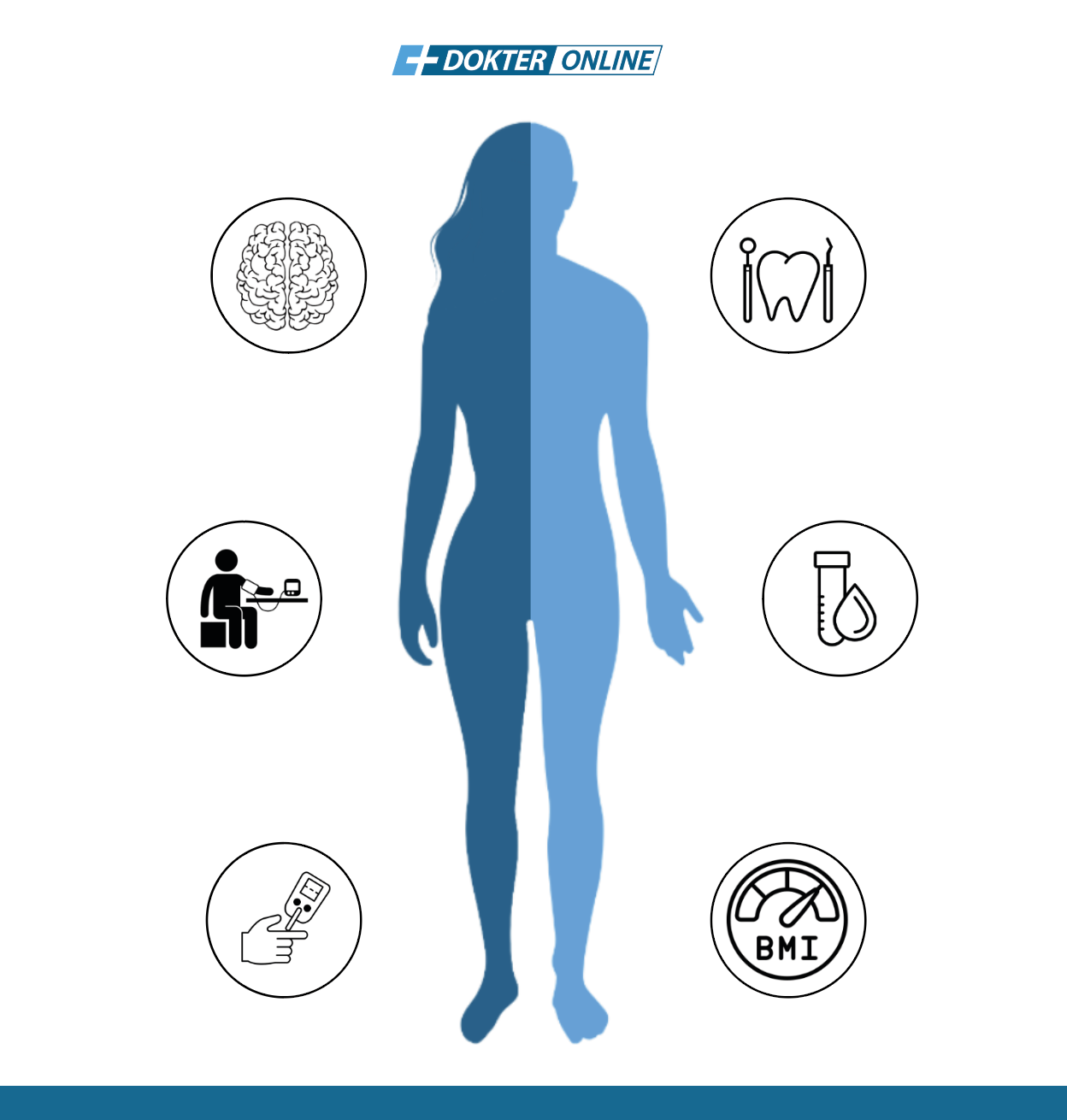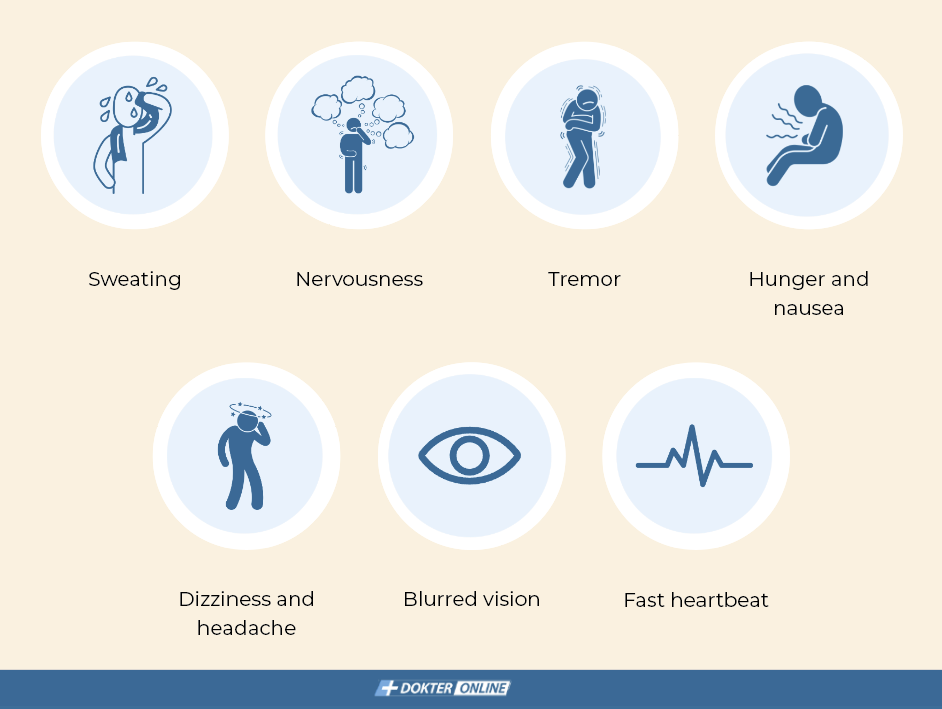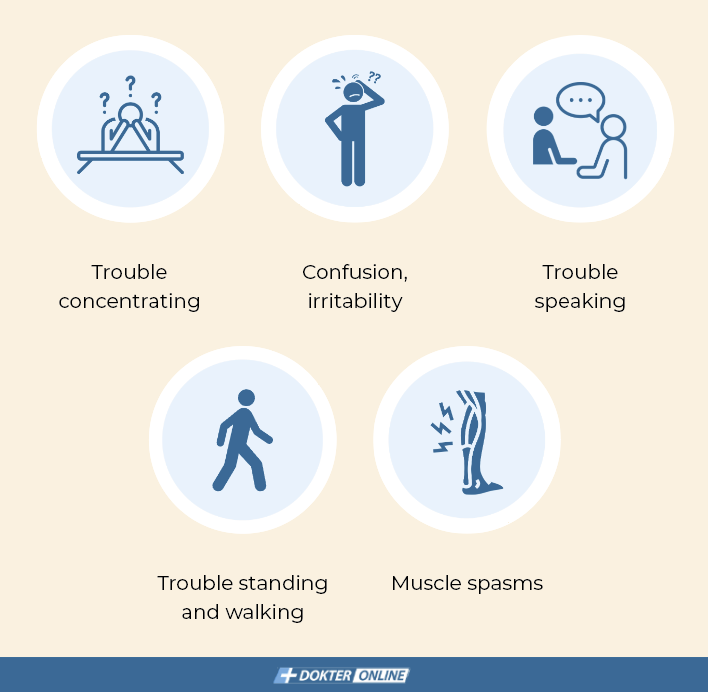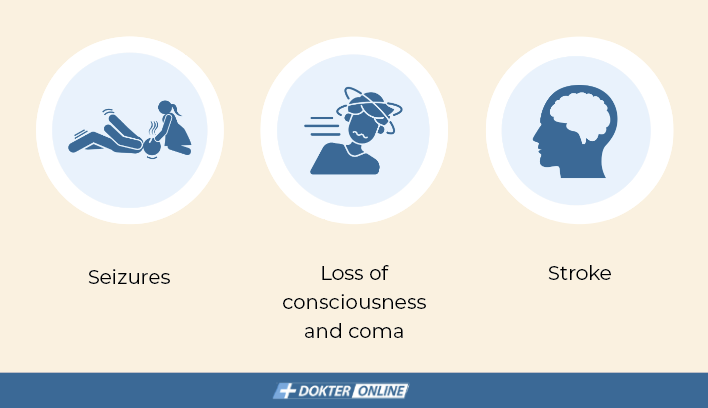
- Health screenings
- Health screenings
Essential health screenings for everyone
Written by: Editors
Modified on:


Blood pressure screening
Check your blood pressure regularly to detect hypertension (high blood pressure), as this is a risk factor for various health conditions, including heart disease and stroke.
Getting your blood pressure checked every year should be as normal as a trip to the dentist. It's a small effort with huge benefits in terms of preventing serious health consequences.
Almost one in three people have hypertension without being aware of it. In the western world, approximately half of the population has it by 65 years of age. High blood pressure is a major risk factor for cardiovascular disease, such as kidney failure, stroke or myocardial infarction. In fact, according to the World Heart Federation, hypertension is the number one risk factor for death globally, affecting more than 1 billion people. Regular blood pressure screening can help to prevent these health problems.
- Recommended frequency: Recommended screening for high blood pressure at least once a year. However, people with a high risk of developing hypertension due to, for example, a family history of high blood pressure, being overweight or a sedentary lifestyle, may benefit from more frequent screening.
Blood glucose test
Testing your blood sugar levels is important when you have diabetes or at risk of developing diabetes. There are two ways to go about this. You can see a doctor for a blood test, or you can measure the level of blood sugar yourself using a medical device called a blood glucose meter.
- Recommended frequency: People with risk factors for diabetes, such as obesity, high blood pressure, an inactive lifestyle or a family history of diabetes should have their blood glucose measured regularly, for example annually. People who already have diabetes may need to get tested more regularly. This is usually determined in consultation with a healthcare provider.
Symptoms of hypoglycaemia
Hypoglycaemia, a condition in which your blood sugar level is lower than the standard range, can cause many symptoms. Of course, your blood sugar level must first drop significantly to be classified as hypoglycaemia. Although this drop can happen fairly quickly, we can distinguish three levels, or stages, of hypoglycaemia. Each level has its own signs and symptoms. During level 1, when your blood sugar starts to drop, you might experience these symptoms:

When your blood sugar drops even further (level 2), in addition to the above symptoms, you might also experience physical and/or mental changes, such as:

When your blood sugar drops even further, to level 3, this can lead to:

Severe hypoglycaemia can be fatal.
Blood tests
Blood tests can be used to help a doctor identify a variety of health aspects, such as anaemia, infection, liver and kidney function and hormone levels. They can also be used to identify risk factors for certain conditions, such as heart disease and diabetes. Your GP may recommend having your blood tested based on your age, medical history or symptoms.
- Recommended frequency: Blood tests are usually ordered at a doctor’s discretion to confirm or rule out certain health issues.
Monitoring asthma
The lung function of asthma patients should be monitored regularly to keep asthma under control and reduce the risk of asthma attacks. This is done using a peak flow meter, a device that measures how well air moves out of the lungs. Regularly measuring peak flow and keeping track of any changes allows you to identify asthma warning signs and respond to them accordingly in order to prevent an attack.
- Recommended frequency: Monitoring the symptoms of asthma on a regular basis will help keep the condition under control. The doctor may advise daily measurements or less frequent check-ups, depending on the severity of your asthma and whether your asthma symptoms are stable, better or worse.
Cholesterol test
It’s important to have your cholesterol levels checked regularly to find out whether you may be at risk of developing heart and vascular disease. A cholesterol test is a blood test.
- Recommended frequency: In general, it is recommended to have your cholesterol checked from the age of 20, and then regularly according to your healthcare provider's instructions. People with cardiovascular disease risk factors, such as a family history of heart disease, smoking, high blood pressure, diabetes or obesity, may need to be tested more often.
What is cholesterol?
Cholesterol is a fat-like substance found in your blood. The body packages cholesterol in small, round particles that mix easily with blood. Only a small part of the cholesterol in your body comes from the foods you eat. Most cholesterol is made in the body, by the liver. Your liver makes exactly the amount of cholesterol your body needs.
Symptoms of high cholesterol
High cholesterol has no symptoms. Cholesterol itself isn't bad, but too much can cause your arteries to become clogged. This can cause a heart attack or stroke. So it’s important that you keep an eye on your cholesterol levels and have them checked by your doctor regularly.
Can high cholesterol be hereditary?
High cholesterol and cardiovascular disease can also run in families. It can even affect people at a young age. The genetic disorder familial hypercholesterolaemia (FH) is the most common genetic disorder associated with premature cardiovascular disease. People with FH have increased blood levels of cholesterol. The condition affects approximately 34 million people worldwide.
Types of cholesterol
Your total blood cholesterol is a measure of different components: LDL cholesterol, HDL cholesterol and triglycerides (a type of fat in the blood).
What is high cholesterol?
- A total cholesterol above 5 mmol/l and/or LDL above 3 mmol/l is considered high cholesterol.
- A blood test is the only way to know if your cholesterol is too high. You cannot feel it. This is why it’s so important to talk to your GP about getting your cholesterol checked.
- Too much cholesterol in your blood can cause a heart attack or stroke.
BMI and weight screening
Regular BMI (body mass index) screening indicates whether you are underweight, overweight or obese. This is important because weight can be a risk factor for various health issues.
- Recommended frequency: Regularly monitoring your BMI is important, especially if you're at risk of being overweight or obese, or if you already have weight problems. This can help identify changes in body weight and composition.
Keeping track of your weight can also be useful to determine if your energy is in balance. When you have an illness or are being treated for an illness, it is important not to lose (too much) weight. In some cases, it may be required to gain weight. Weigh yourself once or twice a week in the morning before breakfast. Always use the same scale and weigh yourself at the same time. This will give you a more accurate picture. Make a note of your weight in a diary. Let your doctor or dietician know if you lose weight.
Dental check
It is generally recommended to visit the dentist every six months for routine dental check-ups and cleanings. Regular visits to the dentist allow the dentist to spot and treat concerns and help prevent oral problems from developing.
- Recommended frequency: Twice a year for routine dental check-ups. Dentists can tell you a lot of things about your health just by looking at your teeth and gums. For example, gum inflammation can lead to gum disease, which is linked to cardiovascular disease, but it can also be a sign of diabetes.
Gum disease:
Research has shown that gum disease (periodontitis) is linked to higher blood pressure in otherwise healthy individuals. In addition, there is also a study that suggests that periodontal treatment may reduce blood pressure.
Periodontitis and high blood pressure:
According to the World Health Organization (WHO), hypertension (high blood pressure) affects one in five adults worldwide, and periodontitis affects 743 million people worldwide. Lead author Dr Eva Muñoz Aguilera (UCL Eastman Dental Institute in London) said: “High blood pressure and periodontitis are two highly prevalent conditions worldwide with a significant impact on cardiovascular disease.”
While previous studies suggested a link between periodontitis and high blood pressure, research confirming the details of this association is scarce. The aim of this study was to see whether patients with periodontitis have a higher risk of high blood pressure than people without periodontitis. Establishing this causal relationship would open up opportunities for the development of better diagnosis, prevention and treatment methods for gum disease.
Periodontitis as risk factor for high blood pressure
The researchers looked at studies published before October 2017. Data were taken from the 62 studies selected in order to assess the risk. This study only looked at the association between high blood pressure and periodontitis from one angle: periodontitis as a potential risk for high blood pressure, not the other way around. The results showed that patients with moderate or severe periodontitis have a 30 to 50 percent higher likelihood of developing high blood pressure. They also showed that intensive periodontal therapy may lead to blood pressure reduction.
Muñoz Aguilera emphasised that more research is needed to confirm these results. Further research could also shed more light on the reason for this association.
Dental self-examination
You can, of course, examine your teeth and gums yourself for any signs of dental problems. However, you should also see a dentist or dental hygienist for regular check-ups.
In addition to the standard checks mentioned above, it is also essential to take care of your mental health.
Mental health screening
It is important to stay in close contact with your doctor if you are experiencing signs of depression, anxiety or other mental health issues. There are online psychological tests available that offer insights into mental health. Armed with a better understanding of your symptoms, you can then make an appointment with the doctor.
Sources
https://www.thuisarts.nl/hoge-bloeddruk/ik-wil-zelf-thuis-mijn-bloeddruk-meten
https://www.umcutrecht.nl/nieuws/elk-jaar-zelf-thuis-je-bloeddruk-meten
https://www.thuisarts.nl/diabetes-type-2/ik-ga-mijn-bloedsuiker-zelf-meten-bij-diabetes-type-2
https://www.gezondheidsplein.nl/aandoeningen/hypoglykemie/item34044
https://www.hartstichting.nl/oorzaken/cholesterol/cholesterol-meten
https://www.tandartspraktijkottens.nl/tandvlees-problemen-parodontologie